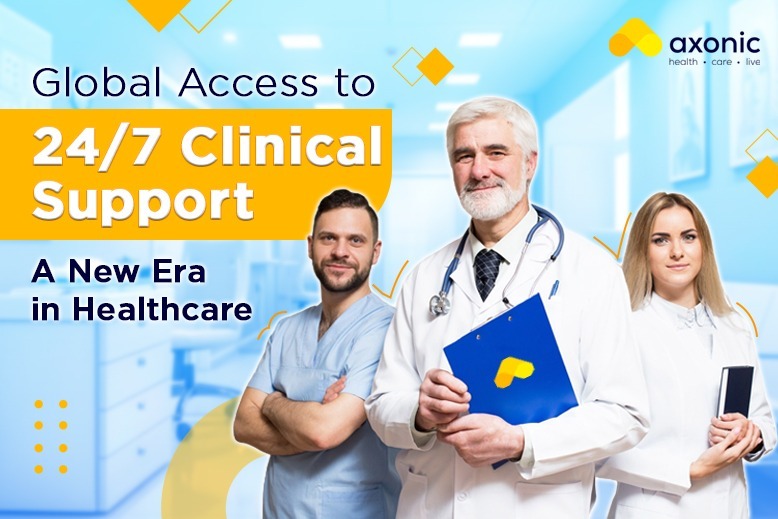In today’s interconnected world, access to quality healthcare is no longer a luxury, but a necessity. With the rise of telemedicine and digital health technologies, 24/7 clinical support is becoming increasingly important for ensuring timely and effective medical care worldwide.
The Need for 24/7 Clinical Support Globally
The COVID-19 pandemic has highlighted the importance of 24/7 clinical support in responding to global health crises. With the virus spreading rapidly across the world, healthcare systems were put to the test, and the need for around-the-clock clinical support became apparent. Today, healthcare providers are recognising the value of 24/7 clinical support in improving health outcomes, reducing hospital readmissions, and enhancing patient satisfaction.
Benefits of 24/7 Clinical Support Worldwide
The benefits of 24/7 clinical support are numerous and far-reaching. By providing timely medical attention, 24/7 clinical support helps to:
- Improve health outcomes and reduce mortality rates
- Reduce hospital readmissions and healthcare costs
- Enhance patient satisfaction and experience
- Support healthcare providers in managing complex cases
- Facilitate global collaboration and knowledge-sharing among healthcare professionals
The Future of 24/7 Clinical Support
As the world becomes increasingly interconnected, 24/7 clinical support is likely to play a critical role in shaping the future of healthcare. With advancements in technology and digital health, we can expect to see more innovative solutions for delivering 24/7 clinical support, including AI-powered chatbots, virtual reality therapy, and remote monitoring systems.
In conclusion, 24/7 clinical support is no longer a luxury, but a necessity in today’s global healthcare landscape. By providing timely and effective medical care, 24/7 clinical support helps to improve health outcomes, reduce healthcare costs, and enhance patient satisfaction. As we move forward, healthcare providers must prioritise 24/7 clinical support to meet the evolving needs of patients worldwide.


